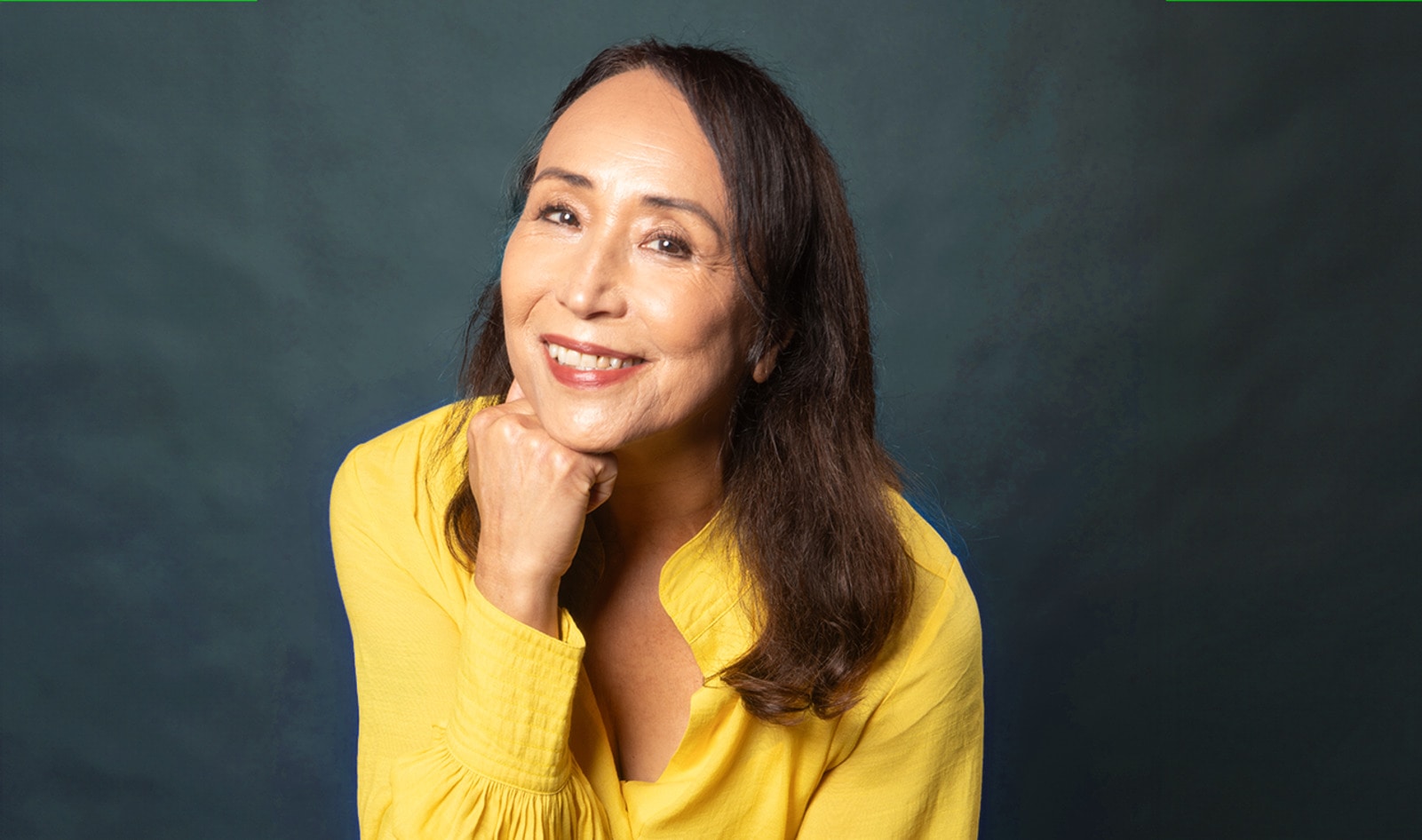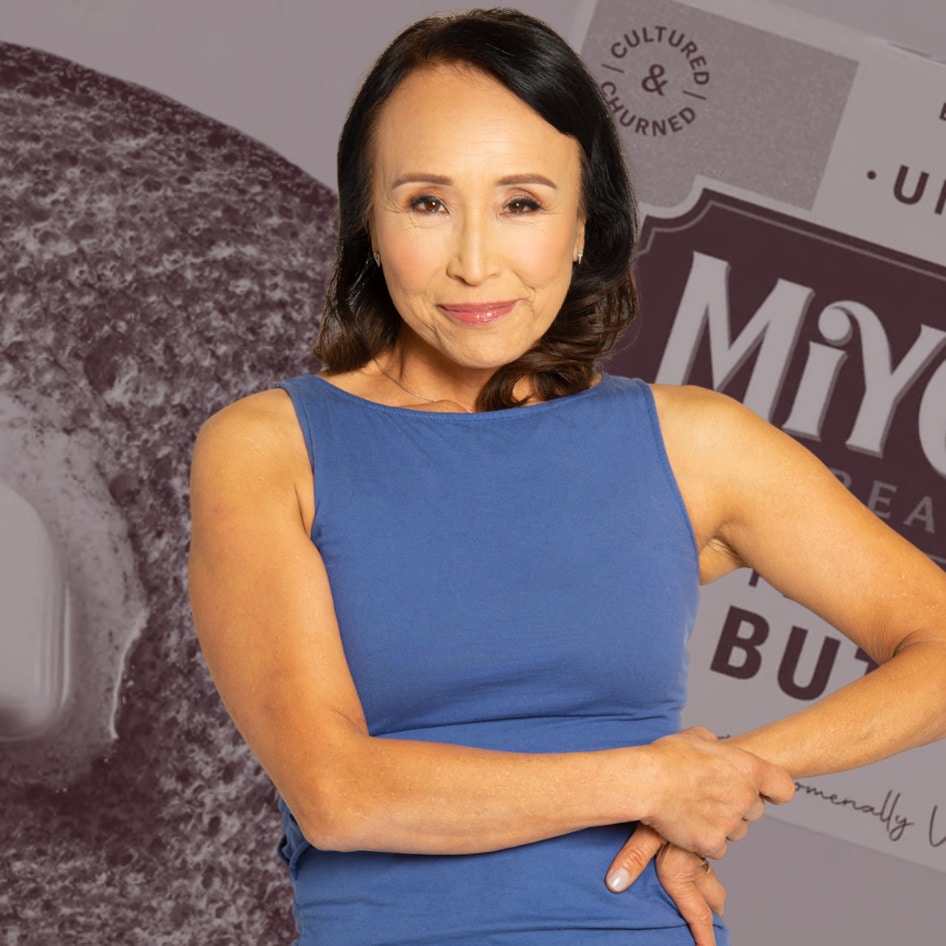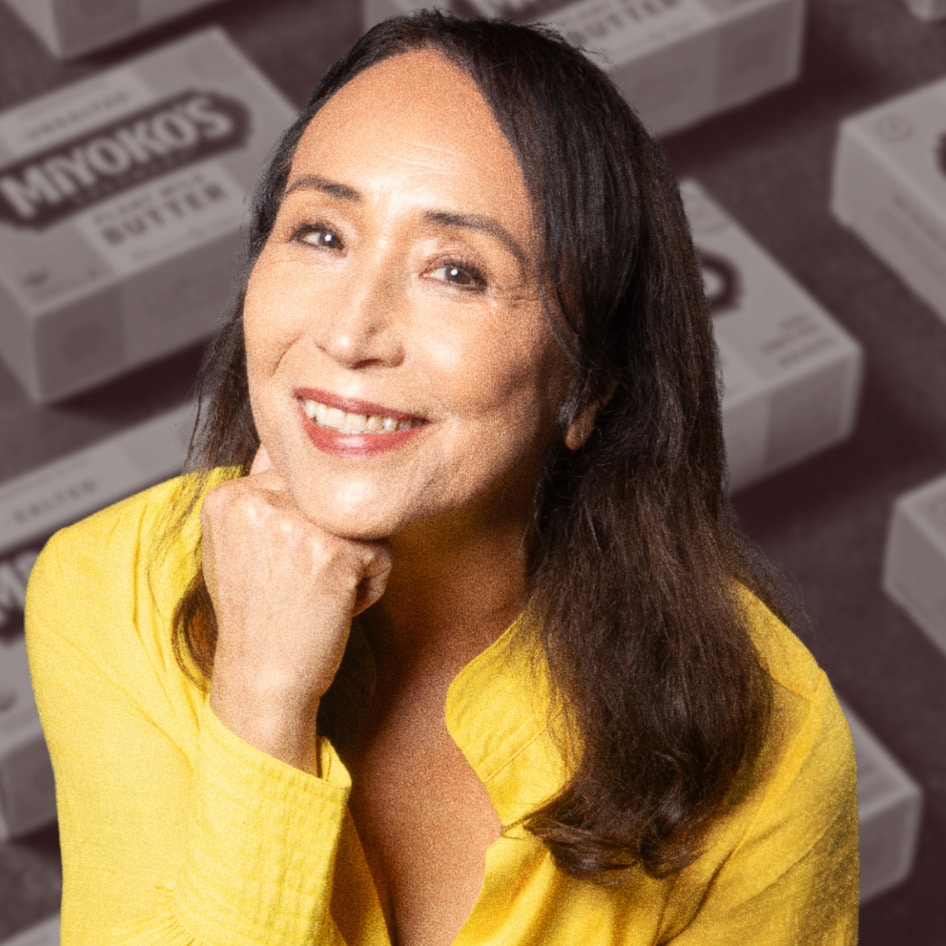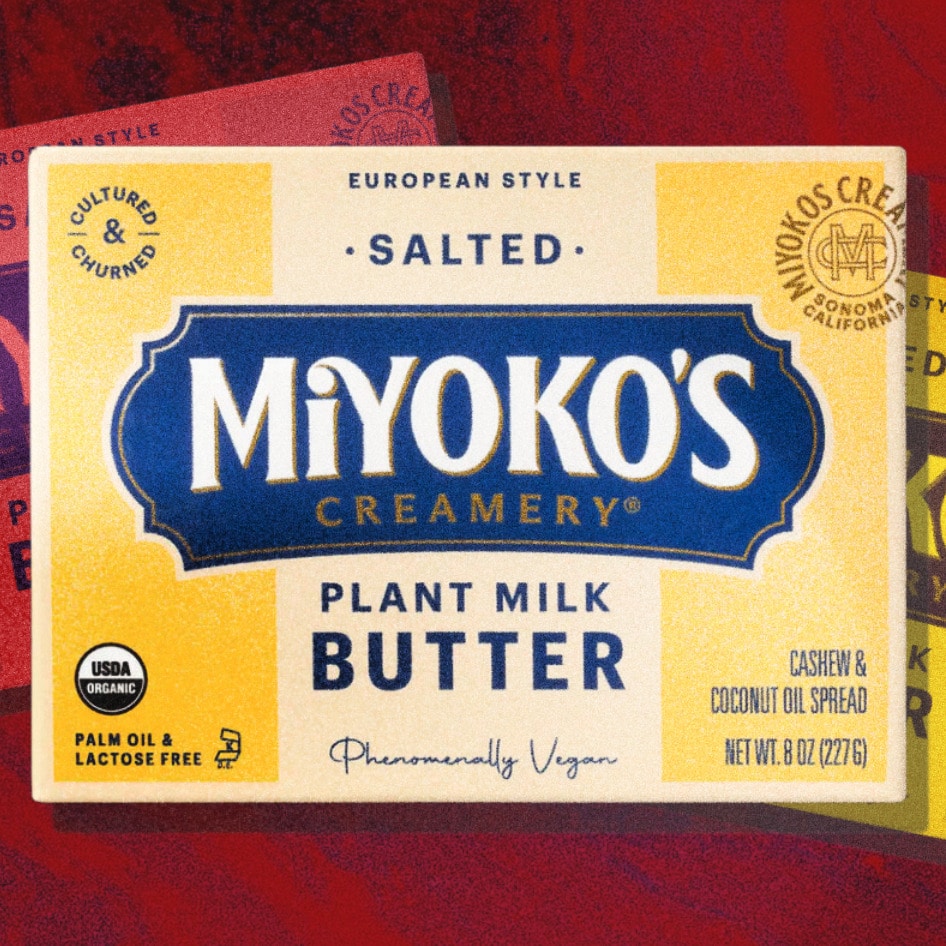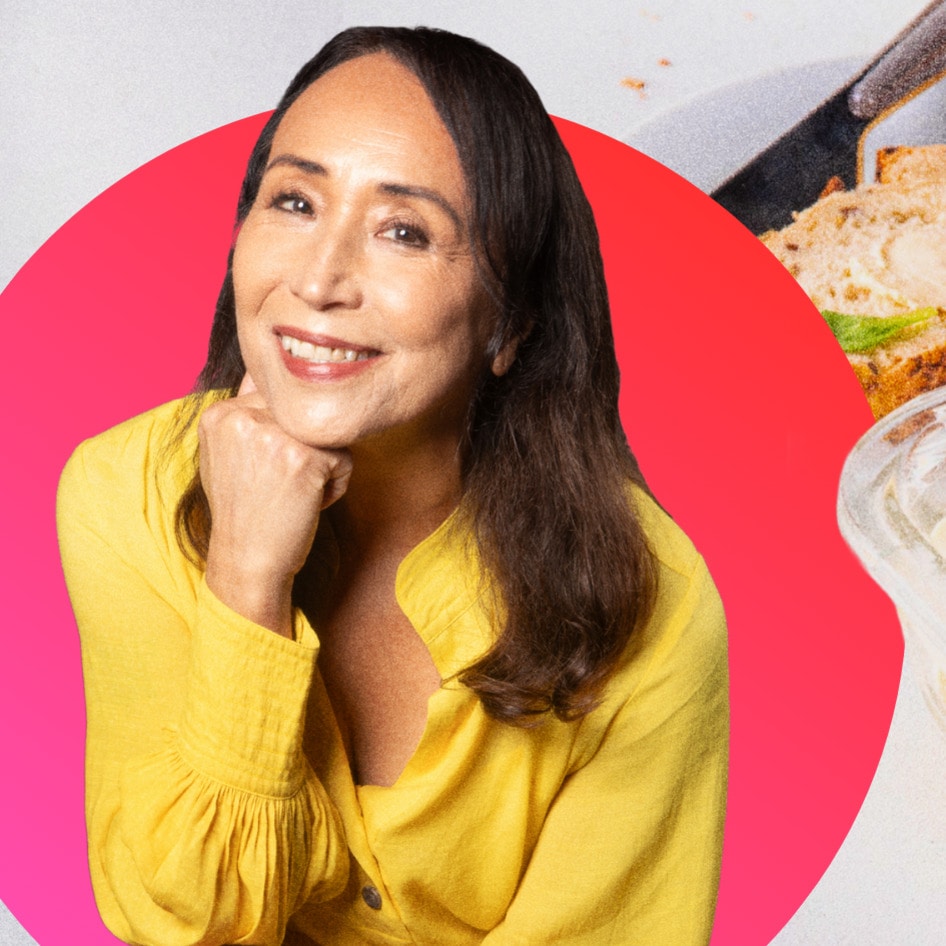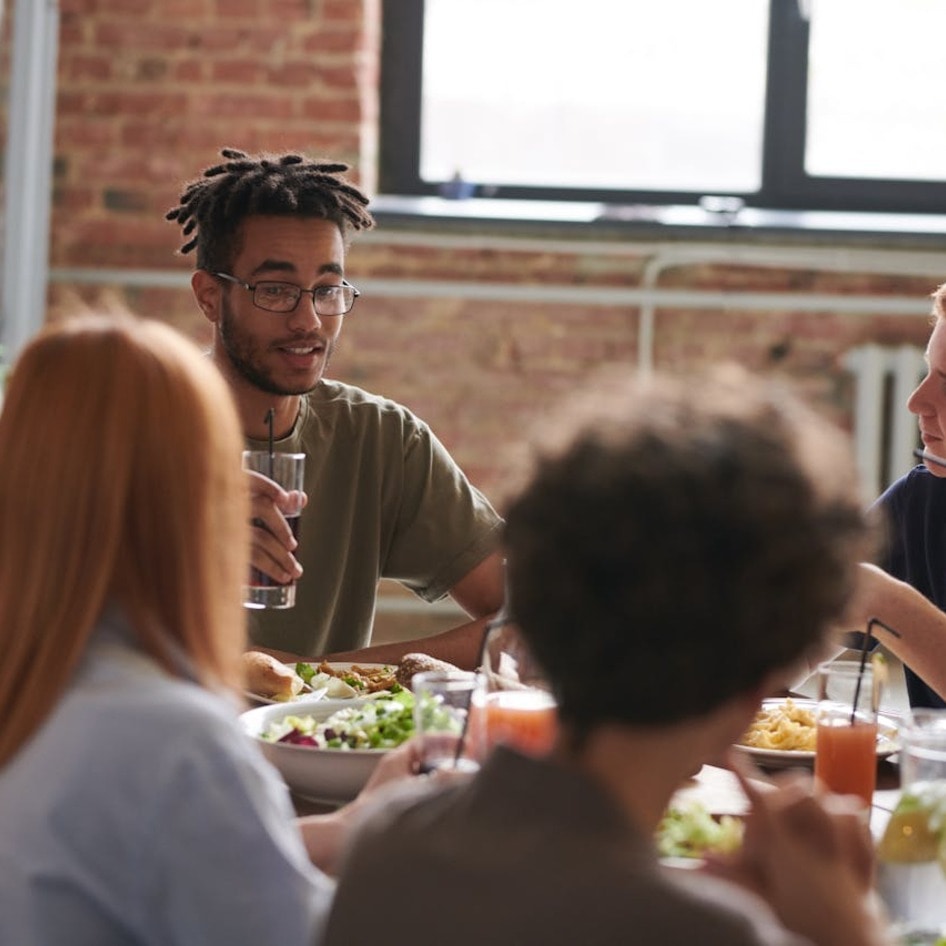Miyoko Schinner, the founder of Miyoko’s Creamery and one of the most prominent figures in plant-based dairy, is publicly charting her next steps after confirming she would not regain ownership of the brand that carries her name.
Her attempt to buy back the company ended when a higher offer from Prosperity Organic Foods, the Idaho-based maker of Melt Organic plant butter, secured the business through an Assignment for the Benefit of Creditors, a form of liquidation used when a company can no longer meet its obligations. The liquidator is obliged to fiduciary responsibility to accept the highest bid—a point Schinner referenced when acknowledging she would not emerge as the buyer.
What comes after the buyback attempt?
Days after the outcome, Schinner published a deeply reflective LinkedIn post, signaling a sharp break from the traditional consumer packaged goods model she once embraced. “I’m not excited by the world of CPG (consumer packaged goods) that aims to scale as big as you can so you can then exit to a large multi-national,” she wrote. “In plain terms, I don’t see how that is creating a better food system.”
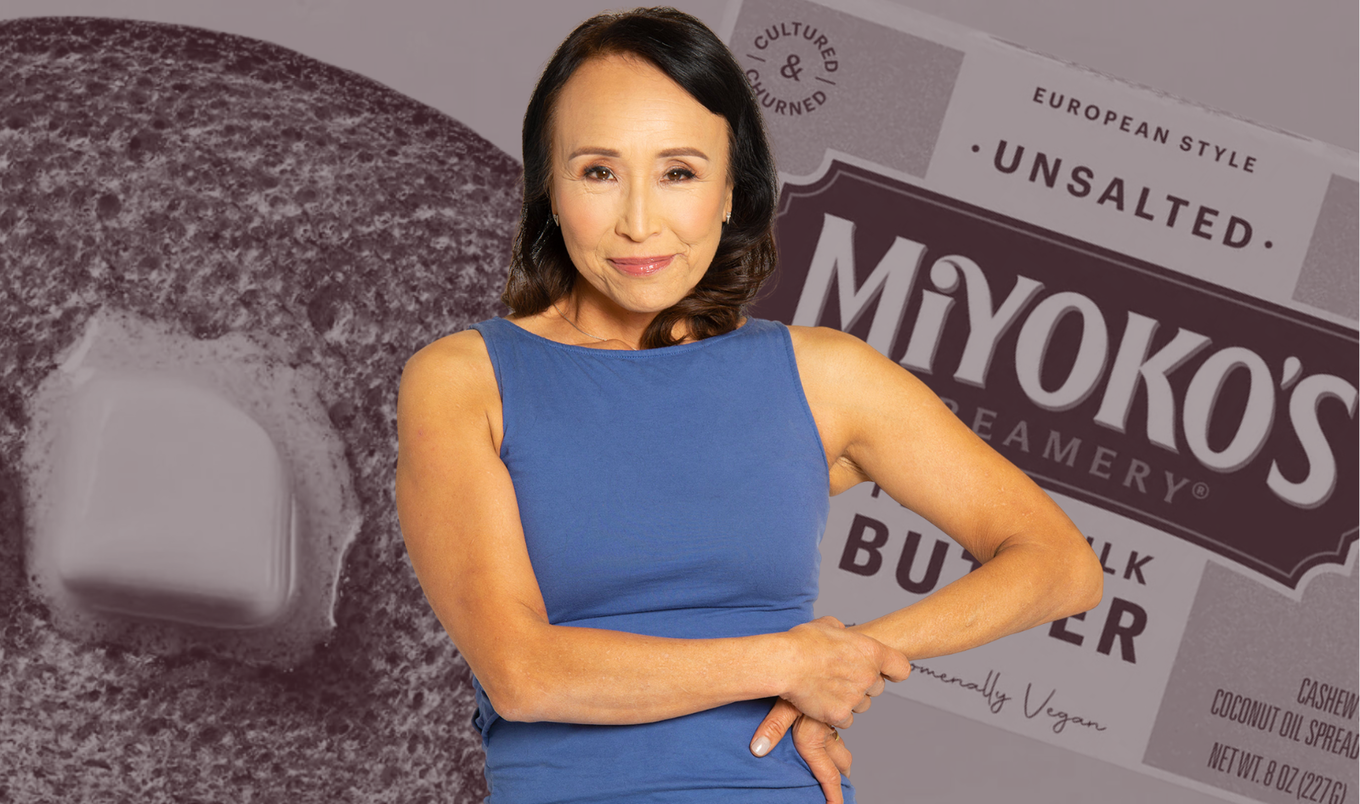 Photo illustration by Richard Bowie
Photo illustration by Richard Bowie
She also acknowledged how deeply she once believed in the scale-equals-impact narrative. “I know I participated in it, at one time thinking that the way to have the most impact was to get as big as possible,” she wrote. According to her post, the company’s original vision was far smaller—“a little retail shop/café in Fairfax, CA, with some online business”—before investors encouraged a national expansion strategy.
Schinner was also candid about how those early pressures shaped her thinking. “I believed that line: hook, line, and sinker,” she wrote, adding that “so-called ‘market based solutions’… do more to add returns to investors and corporate coffers than they do to save animals.”
Her post outlines a new focus on dismantling consolidation across the food sector. “Now, I’m trying to break down the system that has been hurling headlong toward consolidated control for decades, and return control of the food system to ordinary people, farmers, small producers, more entrepreneurs,” she explained. She also emphasized her support for a system that treats food as a basic human right and protects the cultural autonomy of communities.
Teaching and systems-level work
“Whether or not I ever get back the trademark ‘Miyoko’s,’ I will commit myself to working toward creating a food system that offers economic opportunity for more people to make a living, not just a handful making a killing,” Schinner wrote.
Her next steps are already taking shape. She confirmed she will continue teaching a food systems class at UC Berkeley with educator Brittany Sartor. She is also working on a book examining the structural issues behind the modern food economy.
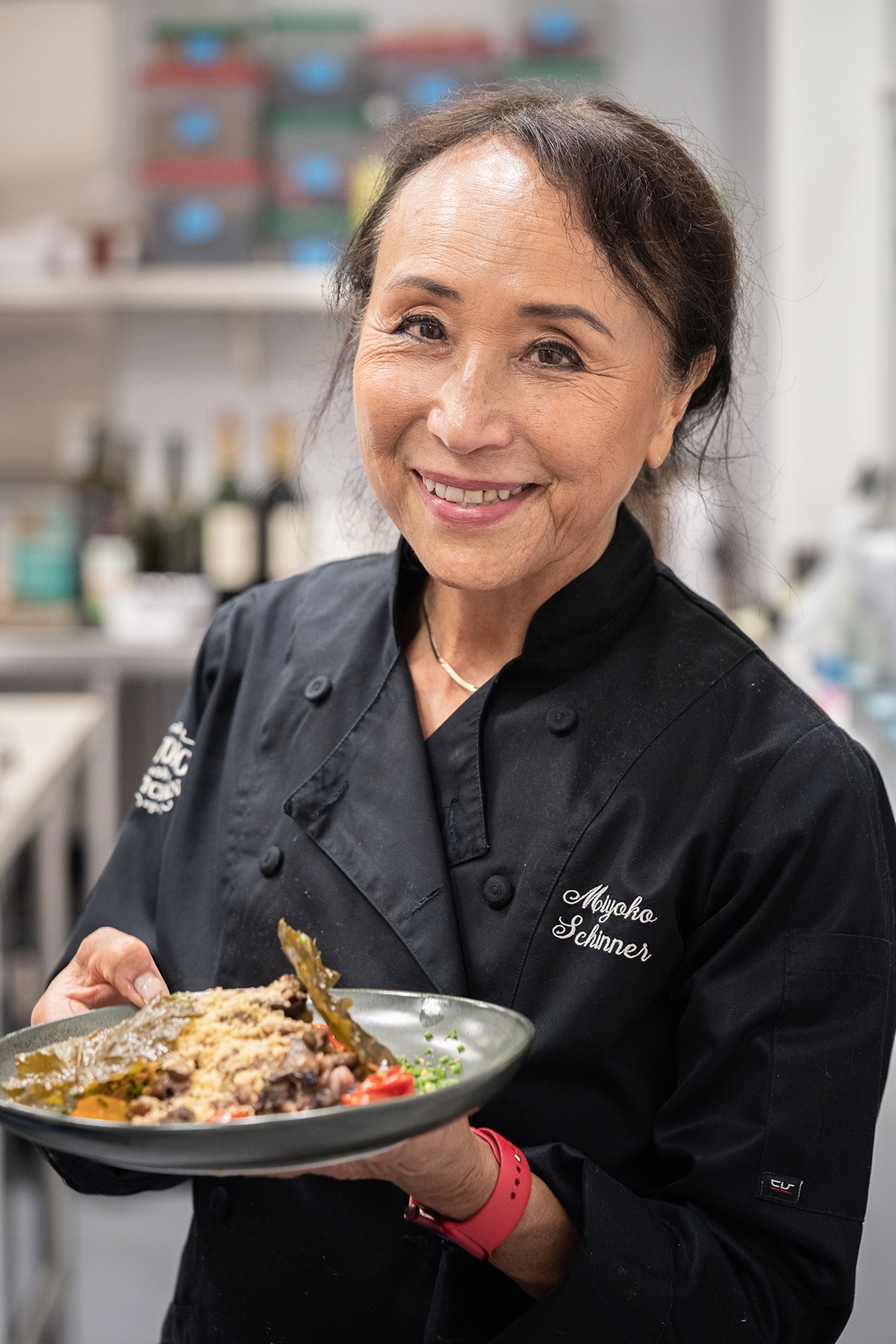
BECOME A VEGNEWS VIP: Get exclusive product deals, freebies, and perks galore!
“I will continue to work for a food system that protects the rights of animals and planet to exist for their own benefit, not ours,” Schinner noted. “And while I believe that we need a marketplace of foods and food products that are in alignment with this, I do not believe that the market is what will save animals or the planet.”
To support this shift, Schinner says she secured several new domain names—therealmiyoko.com, therealmiyokos.com, and therealmiyoko.org—as she considers whether to form a nonprofit, a co-operative, or “another entity that would encourage a more democratic, equitable food system, rather than one controlled by corporations.”
Launching another company remains a possibility, though she says its purpose would be fundamentally different. “If I start another business, it will be one that will somehow help people rethink the food system from the ground up.”
For more plant-based stories like this, read:
JUMP TO ... Latest News | Recipes | Guides | Health | Subscribe

